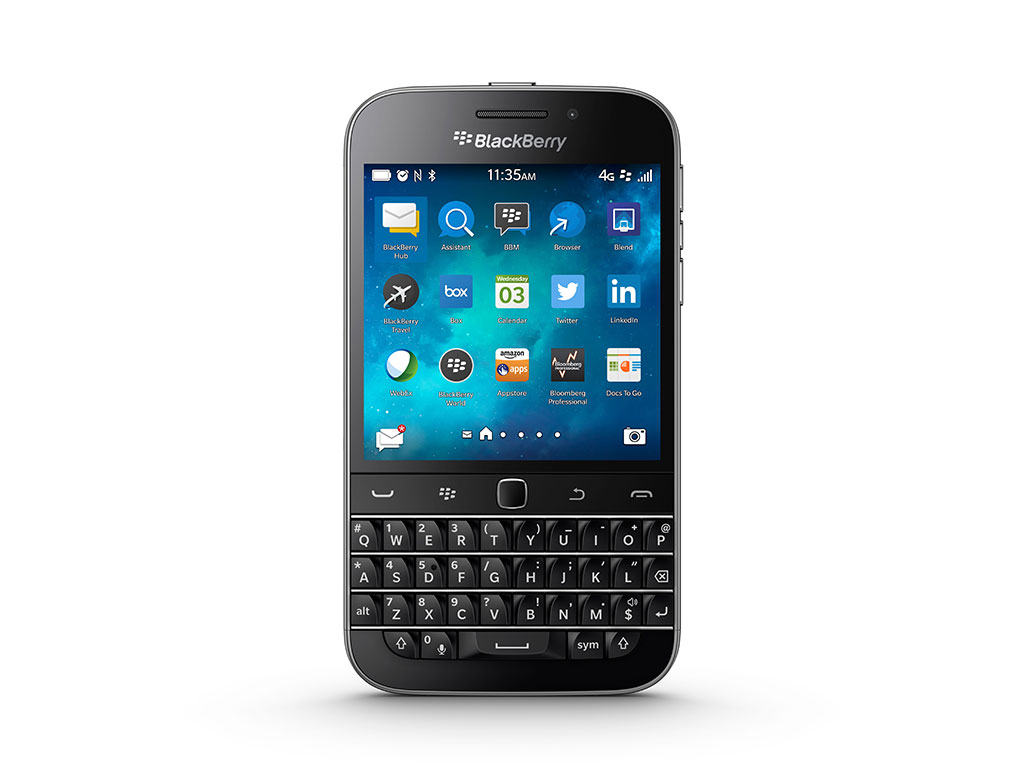BlackBerry to end production of Classic keyboard phone
BlackBerry’s last keyboard phone, the Classic, will no longer be produced, drawing the curtains on what was once the world’s leading mobile

There was a time when BlackBerry’s Classic mobile phone was everywhere. The device was the primary tool for working on the move and keeping on top of emails at all times. Perhaps the most unique quality of the BlackBerry Classic was its QWERTY keyboard system, which was hailed as a huge advantage for those using their phones to draft emails and documents while on the road. Following the launch of the first BlackBerry device back in 1999, the company rapidly grew to become the leader for the entire smartphone market worldwide. Indeed, at its peak in 2008, the company’s stock market value was $55bn.
BlackBerry only commanded 0.2 percent of the global smartphone market in the first quarter of 2016, despite the Android platform, which BlackBerry now uses, accounting for 84 percent of all sales
Although the Ontario-based firm was once a trendsetter, particularly with features such as its instant messaging service, BlackBerry has failed to match the strides of competitors in the industry over the past decade. Times have changed – and drastically at that. Mobile phones are now capable of doing incredible things; consumers can effortlessly and intuitively navigate through social media platforms, e-commerce sites, news, and even their personal finances instantly. While the likes of Samsung, Apple and LG have pushed forward to create this level of connectivity through recurrent developments, upgrades and amalgamations of the latest technology, BlackBerry has long fallen behind.
According to figures given by Gartner, an IT research company, BlackBerry only commanded 0.2 percent of the global smartphone market in the first quarter of 2016, despite the Android platform, which BlackBerry now uses, accounting for 84 percent of all sales.
And so, as expected for quite some time, BlackBerry is bidding farewell to its Classic smartphone. According to a press release published by the company on July 7, the decision was finally made in order to advance the company’s product portfolio “with state of the art devices”. The author of the post, Ralph Pini, BlackBerry’s COO and GM for Devices, admitted that the Classic “has long surpassed the average lifespan for a smartphone in today’s market”.
Nevertheless, as shown by comments on social media following the announcement, there are still fans of the Blackberry Classic out there. Were the company to invest in a model that combines the best-loved features of its magnum opus with the latest mobile technology, perhaps a revival among corporate consumers could transpire.













